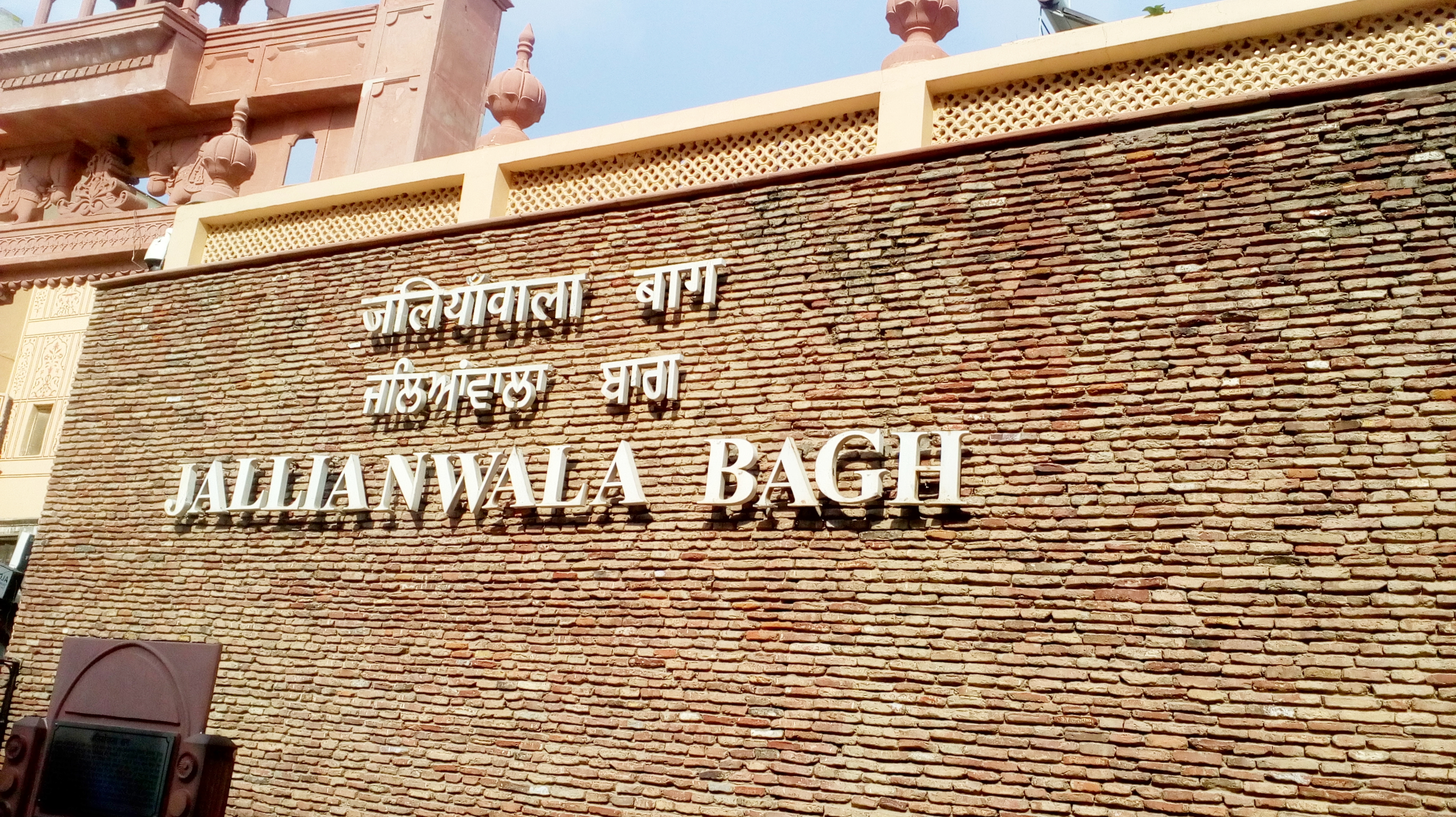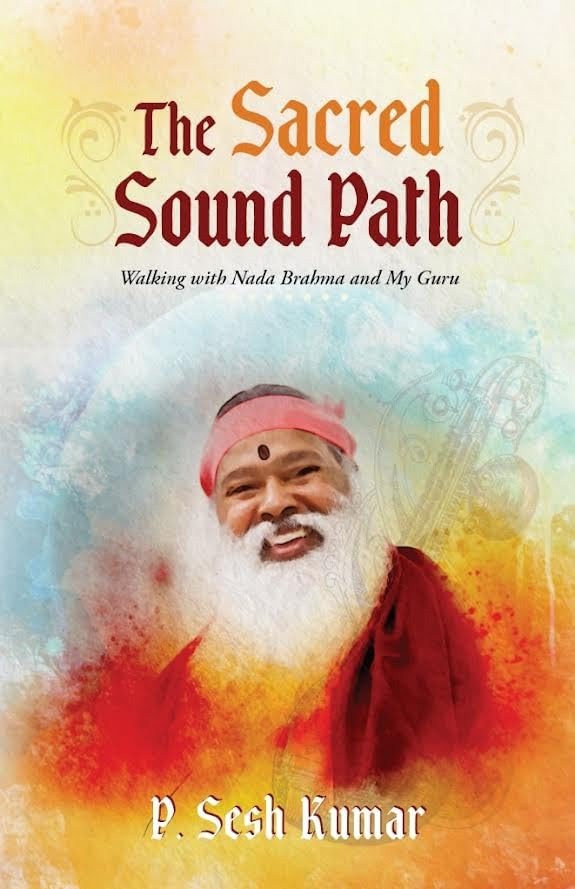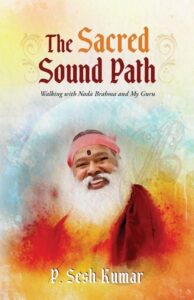Petulant patriotism
Ravi Shanker Kapoor | April 19, 2019 11:24 pm

A lot of people are demanding an apology from the British government for the Jallianwala Bagh massacre. On April 13, the centenary of the massacre this year, the clamor reached a crescendo. But the demand is a product of gross ignorance and cantankerous nationalism. Unfortunately, such noises won’t die down in the foreseeable future, for sanctimonious politicians will continue to capitalize on the crassness of rabble, for that is what people become when they discard reason and choose to be led by sentiments. This is the situation the West-hating intellectuals love; unsurprisingly, they have already joined in the fun. It is, therefore, time a few questions were raised.
To begin with, can the entire blame be heaped only on Brig. Gen. Reginald Edward Harry Dyer, the ‘butcher of Amritsar’? What about the soldiers who actually shot at the men, women, and children? While Dyer was a Brit, the men who used their rifles were Indians. Why is it that nobody even talks about the culpability of those men? They can’t be absolved of the misdeed by using the superior orders doctrine—that is, ‘I was just following orders.’ International jurisprudence has repudiated this. Which means that if a colonel orders a sergeant—or, for that matter a police commissioner asks a sub-inspector—to shoot a child, the junior officer can’t plead innocence on the grounds that he killed because he was ordered to do so.
Perhaps, the guilt of Indian soldiers was not of that magnitude as that of Dyer’s but they were certainly not innocent. But they are never mentioned because doing this would not just dilute Dyer’s guilt but also weaken the nationalist narrative, the narrative that is built less on fact and more on fiction, emotion, and distortion of history.
The distortion arises from the proclivity to read history as a morality play and right the past wrongs. But the problem is that neither the past can be edited nor history beautified. The history of mankind is the history of wars, slavery, bloodshed, cruelty, tyranny, oppression, repression, massacres, genocides.
This brings us to the singularity of the demand. If the UK should apologize to India for Jallianwala Bagh, why shouldn’t do the same Iran for the general massacre that its Nadir Shah ordered in Delhi in 1739? Why shouldn’t Uzbekistan apologize for the mayhem wrought in Delhi by Taimur in which one lakh men, women, and children were slaughtered? Why shouldn’t Afghanistan apologize for the mass slaughter and enslavement of women following Ahmad Shah Abdali’s victory in the Third Battle of Panipat (1761)? Why shouldn’t Macedonia apologize to an array of countries which Alexander invaded and where his armies brought death and destruction?
Why shouldn’t the European nations and Arab nations involved in the slave trade apologize to the peoples of Africa? After all, millions of blacks were enslaved, uprooted, and killed for centuries by the slavers.
If we ask for an apology from the British for what the Jallianwala Bagh killings, by which moral standards we can deny their demand for an apology for the slaughter of women and children in Kanpur during the Revolt?
Further, why shouldn’t Bihar apologize to Odisha, for the great Mauryan King, Ashok, of Pataliputra (modern-day Patna) had ordered the killing of 1 lakh people and displacement of one and a half lakh people? Muslims to Hindus for their oppressive rule running over centuries? The so-called high caste Hindus to Dalits for what was done to the Shudras for millennia?
The apology business is madness, stimulated by the pathologies of intellectuals and propelled by the myopia of politicians; it can have consequences, all of them unpleasant. It has nothing to do with the reality and real patriots. My paternal grandfather, Lala Ram Gopal, was a survivor of the Jallianwala Bagh massacre. A young strapping man at that time, he managed to escape the bullets unharmed. My elder siblings inform me that he, while recounting the outrage, never wanted or expected an apology from the British government decades after the hotheaded general had ordered the massacre. He loved his own country, didn’t hate others’.
But when public discourse gets vitiated, when unctuousness and hyperbole replace sagacity and temperance in public life, when sentimentalism buries rationality in politics, when the shrillness of moralizing vies with the depravity of deeds, when the society gets infantilized, when schadenfreude becomes the dominant theme of national psyche (remember post-demonetization?)—then you get such demands.
The British government doesn’t appear in a mood to oblige petulance, though it has expressed regret and accepted the Jallianwala Bagh outrage as, in the words of Prime Minister Theresa May, a “shameful scar.” The matter should rest there, but won’t, for the peddlers of sanctimony will continue to muddy the waters.
Picture courtesy: Wikimedia































